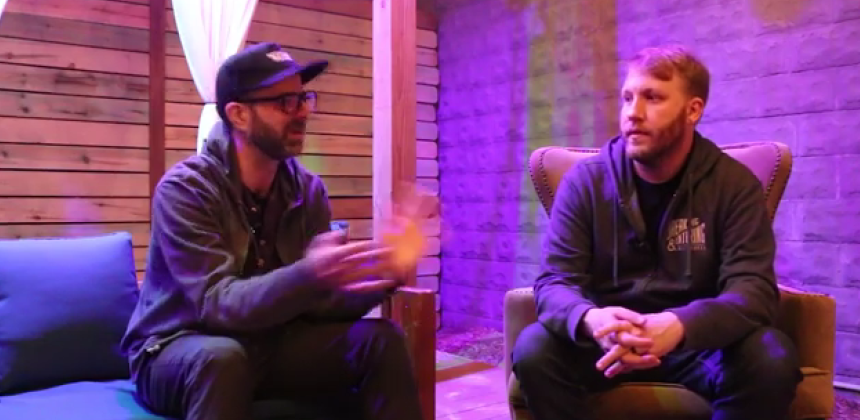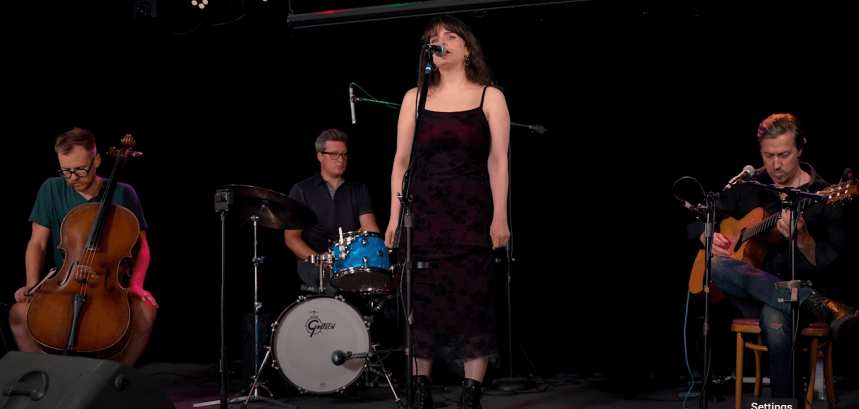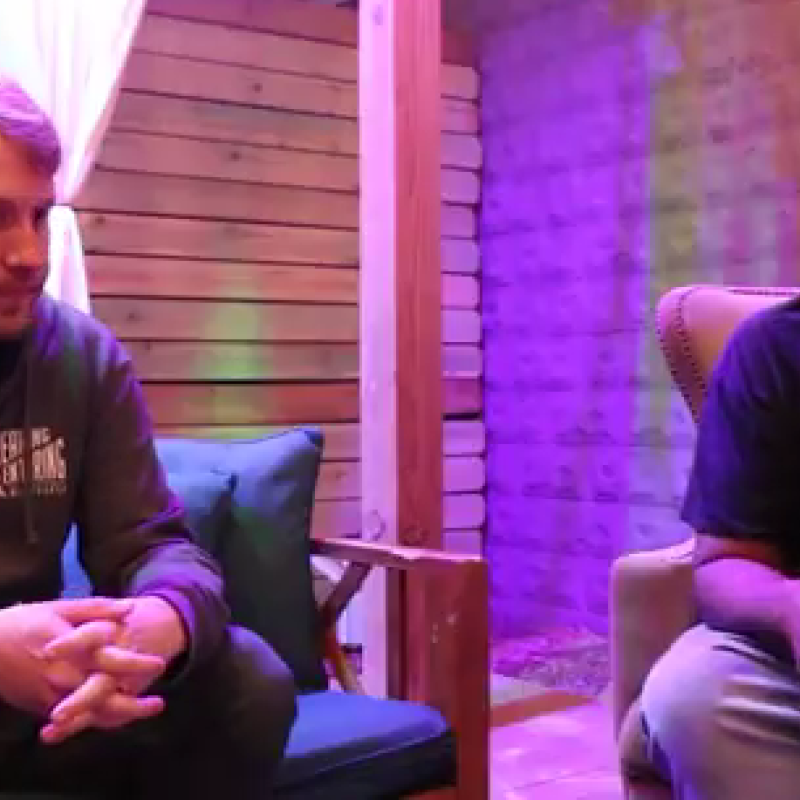## AI vs. AI: Young Guru Calls Out Timbaland’s New Venture, Sparks Epic Beef!
The music industry just got a whole lot more heated. Young Guru, the legendary hip-hop producer and Jay-Z’s longtime right-hand man, has thrown down the gauntlet, calling out Timbaland’s new AI-powered entertainment company as a threat to real artists.

This isn’t just another industry feud; it’s a clash of titans, a battle royale between the old guard and the future of music. With Timbaland’s tech ambitions and Young Guru’s passionate defence of human creativity, the stakes are high.

Beyond the Beats: AI’s Growing Influence in Music Production

Artificial intelligence is rapidly infiltrating the music industry, transforming the way music is created, consumed, and monetized. From composing melodies to generating entire tracks, AI is proving to be a powerful tool for musicians and producers alike. This integration, however, has sparked heated debates about the future of creativity, authenticity, and the very essence of music.
AI-powered music production software is becoming increasingly sophisticated. Platforms like Amper Music and Jukebox can generate custom-composed music in various genres and styles, tailored to specific moods, tempos, and instrumentation. These tools allow musicians to experiment with new sounds, overcome creative blocks, and streamline their workflow. For instance, a game developer using Amper could quickly generate a soundtrack for a specific level, adjusting the tone and intensity to match the gameplay.

From Auto-Tune to Deepfakes: The Evolution of AI in Hip-Hop
Hip-hop, a genre intrinsically linked to innovation and technological advancement, has been particularly influenced by AI. The use of Auto-Tune, a pitch correction software, has become ubiquitous in modern hip-hop, altering vocal tones and creating a distinctive sonic landscape. While initially controversial, Auto-Tune has evolved into a creative tool, used to achieve artistic effects and explore new vocal textures.
The emergence of AI-powered vocal synthesis has further blurred the lines between reality and virtuality. Deepfake technology allows for the creation of realistic synthetic voices, mimicking the styles and inflections of existing artists. This has led to the creation of “ghost verses,” where AI generates vocals that sound like deceased rappers, sparking ethical concerns about authenticity and the exploitation of artists’ legacies.
The Ethical Crossroads: Copyright, Authenticity, and the Soul of Music
The increasing integration of AI in music production raises several ethical dilemmas. One of the most pressing concerns is copyright. Who owns the rights to music generated by AI? Is it the programmer who created the algorithm, the user who inputs the parameters, or the AI itself? Current copyright laws are ill-equipped to address these complexities, leaving a legal grey area that needs urgent clarification.
The concept of authenticity is also challenged by AI-generated music. While some argue that AI can create original and innovative music, others contend that it lacks the human touch, the emotional depth, and the lived experiences that inform truly authentic art. This debate raises fundamental questions about the nature of creativity and the role of human expression in music.
Gamestanza’s Take: AI Music – A New Frontier or a Dangerous Detour?
At Gamestanza, we believe that AI has the potential to revolutionize music creation, offering exciting possibilities for both gamers and musicians. However, we also recognize the ethical challenges and potential pitfalls associated with AI-generated music. It’s crucial to strike a balance between embracing innovation and preserving the soul of music.
The Gamer Perspective: How AI Impacts Video Game Music
For gamers, AI-powered music can enhance the immersive experience of video games. AI can generate dynamic soundtracks that adapt to in-game events, creating a more responsive and engaging soundscape. Imagine a game where the music intensifies during combat, becomes more melancholic during exploration, and evolves with the player’s choices. AI can make this a reality.
Moreover, AI can help independent game developers create high-quality music without the need for large budgets or established composers. This opens up new creative avenues for smaller studios and fosters a more diverse and innovative gaming landscape.
The Future of Music Creation: A Collaborative Space or a Solo Act?
The future of music creation likely lies in a collaborative space where AI tools augment and enhance human creativity, rather than replacing it entirely. AI can handle repetitive tasks, generate ideas, and explore sonic possibilities, freeing up musicians to focus on the artistic aspects of songwriting, arrangement, and performance.
This collaboration can lead to new and exciting musical experiences. Imagine a composer working alongside an AI to create a piece that blends human emotion with AI-generated complexity and innovation.
The Power of Choice: Empowering Artists in the Age of AI
As AI becomes more prevalent in music production, it is essential to empower artists with the tools and knowledge to navigate this evolving landscape. This includes providing education on AI technologies, promoting ethical guidelines for their use, and ensuring that artists retain control over their creative output.
Ultimately, the key to harnessing the power of AI in music lies in striking a balance between technological advancement and human creativity. By embracing collaboration, fostering ethical considerations, and empowering artists, we can ensure that AI music enriches the world while preserving the soul of music.
Conclusion
So, there you have it: Young Guru calling out Timbaland’s AI music venture, Timbo firing back with his own counter-arguments. At the heart of this digital dust-up? The ethical implications of AI in the creative process. Guru argues that relying on algorithms to generate music devalues the artistry and human connection that make music truly special. Timbaland, on the other hand, sees AI as a powerful tool for democratizing music creation and pushing creative boundaries.
This clash isn’t just a Twitter feud; it’s a glimpse into the future of the music industry. Will AI become a collaborator in the creative process or a replacement for human artists? Will it lead to a homogenization of sound or a surge in innovative expression? As AI technology rapidly advances, these questions will only become more pressing. One thing’s for sure: the conversation has begun, and the future of music hangs in the balance. It’s time for us all to weigh in, not just as consumers, but as stewards of the art form that has shaped our lives.
The music we love is more than just algorithms and data points; it’s a reflection of our shared humanity. Let’s ensure that the future of music honors that truth.